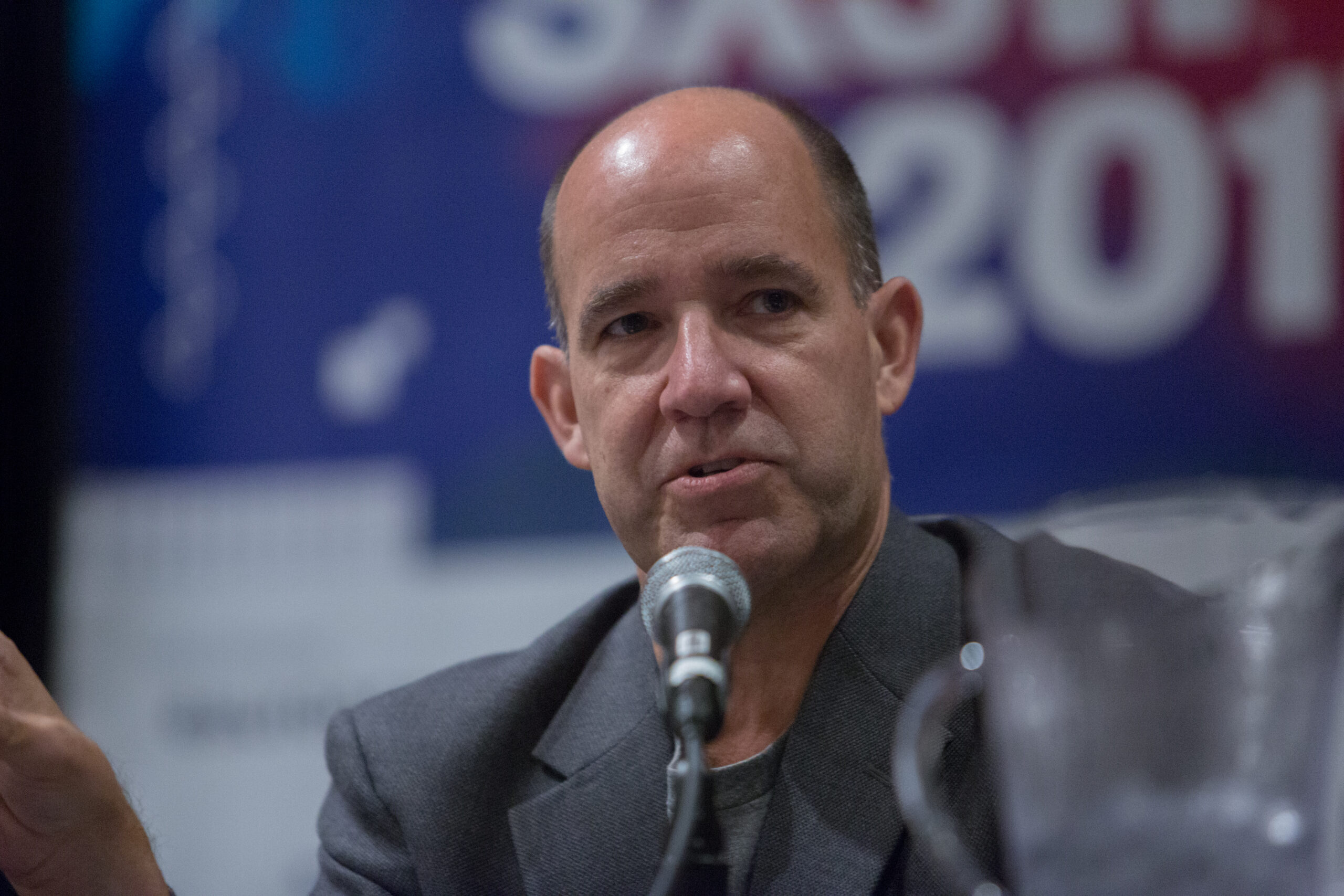
The shockwaves from Charlie Kirk’s assassination are now hitting ordinary people — and some are paying with their jobs, according to reports.
The backlash has swept up everyone from teachers and firefighters to journalists, politicians, and even a Secret Service employee.
Stephen King’s tweet
The 31-year-old conservative activist was shot dead on September 10 during a Utah Valley University event. A close Trump ally, Kirk’s death drew widespread reaction: Trump and Melania sent “sympathies” to his widow, Erika, and their two kids. Even Obama and Kamala Harris condemned the killing.
But not all comments have been sympathetic.
On X, horror author Stephen King fired back at Fox News host Jesse Watters, who had argued that Kirk wasn’t “controversial” or “polarizing.” In a since-deleted post, King wrote: “He advocated stoning gays to death. Just sayin’.”
After Elon Musk called him a “liar,” King apologized.
Targeting “insensitive” posts
Soon after, a new site called Expose Charlie’s Murderers popped up. Its mission: “expose” employees and students who appear to support “political violence online.”
The site lists people’s names, employers, and even social profiles. And according to Reuters, some have already lost jobs.
Matthew Dowd, a political analyst, was let go from MSNBC after calling Kirk one of the “most divisive” figures, saying he was known for “pushing hate speech… sort of aimed at certain groups.”

Reacting to the shooting on TV, Dowd was asked to discuss “the environment in which a shooting like this happens”.
Dowd proceeded to call out Kirk for his past comments, suggesting he was part of the “unfortunate environment” which led to his death.
MSNBC president Rebecca Kutler blasted Dowd’s words as “inappropriate, insensitive, and unacceptable.” Variety confirmed the 64-year-old was fired.
Canceled new series
DC Comics canceled its new Red Hood series after writer Gretchen Felker-Martin appeared to celebrate Kirk’s death.
The company said: “Posts or public comments that can be viewed as promoting hostility or violence are inconsistent with DC’s standards of conduct.”
At Middle Tennessee State University, a staffer was terminated ‘effective immediately’ after posting that she had ‘zero sympathy’ for the slain conservative activist. President Sidney McPhee said the person’s remarks “undermined the university’s credibility and reputation.”
In the NFL, Charlie Rock, a Carolina Panthers communications coordinator, posted: “Why are yall sad? Your man said it was worth it …” The team said it does not “condone violence of any kind.” Fox News reported Rock has been fired.
Nasdaq has fired a junior sustainability strategist over social media posts about Charlie Kirk’s assassination.
The company confirmed the dismissal on Friday, saying: “Nasdaq has a zero-tolerance policy toward violence and any commentary that condones or celebrates violence.”
Backlash grows
Researcher Parker Thayer claimed as many as 60 people may have lost jobs over posts about Kirk.
Far-right voices are pushing the campaign hard. Laura Loomer said anyone “sick enough” to celebrate Kirk’s death will have their “whole future professional aspirations ruined.”
And Congressman Clay Higgins wrote:
“Anyone caught running their mouth with their smartass hatred celebrating the heinous murder of that beautiful young man” should be “banned from ALL PLATFORMS FOREVER.”



